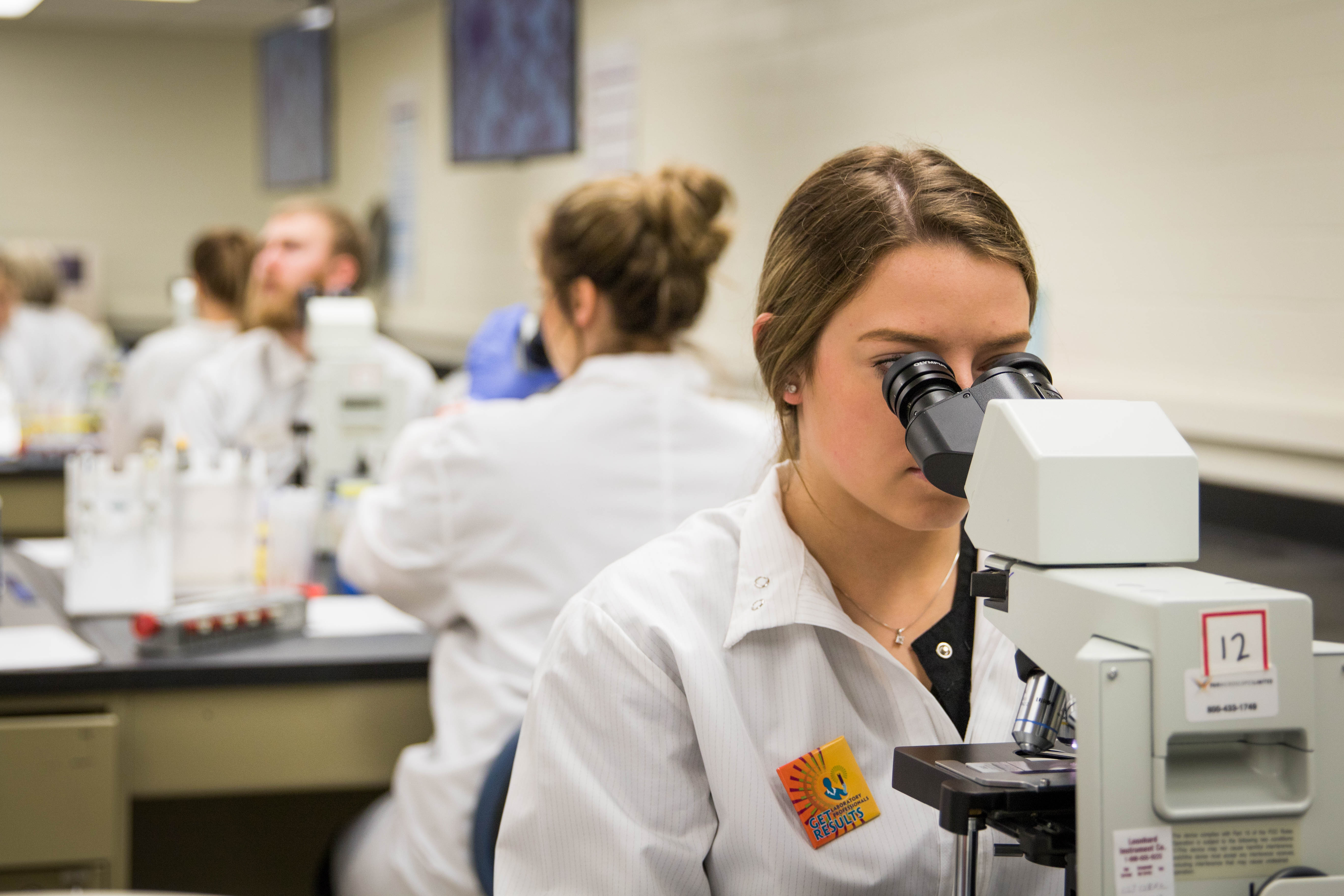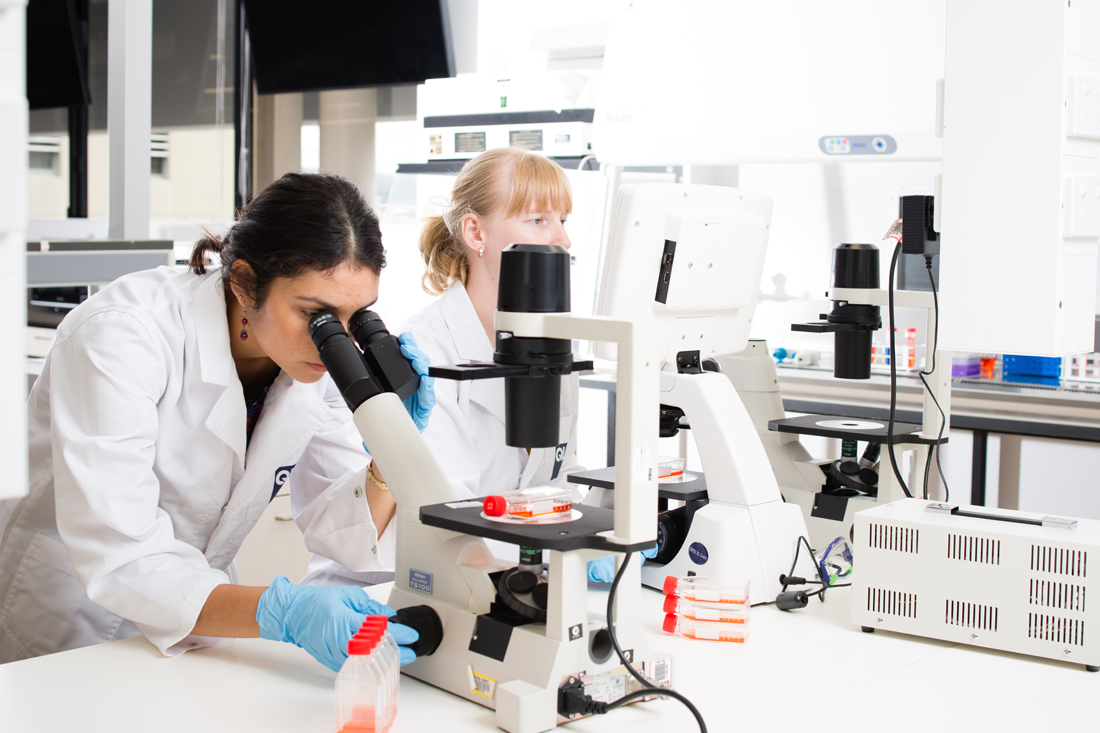
This course is the second half of an intensive sequence designed to integrate the structure with the function of the human body. Prereq: GMS BT 201 (A&P 1) or consent of program director. The course incorporates clinical material throughout. The last third of the course focuses on the nervous system.
/scientist-using-microscope-in-laboratory-645426047-595961bf5f9b58843fdf29b8.jpg)
Topics include: organization of the body, tissue development, cellular structure and function as well as the integumentary (skin), skeletal, and muscular systems. Also explored are regulatory processes that integrate cells, tissues, organs and systems. This course provides a practical understanding of anatomic structures and coordinates this knowledge with the various functions of the human body. Emphasis is placed on lab safety, proper handling of instruments, careful following of written instructions for lab procedures, maintenance of lab notebooks, and data collection, presentation and analysis. Students learn hands-on solution making, electrophoresis, protein quantitation and other commonly used laboratory methods. Students are introduced to the scientific method, laboratory mathematics, chemistry, biochemistry, cell and molecular biology, and immunology. Provides a theoretical and practical foundation in laboratory science. Math for Biotech) or consent of program director. Prereq: One semester of biology, two semesters of chemistry and BT 208 (Ess.

Clinical science laboratory how to#
Read the Instructions for Authors for information on how to submit your article. Peer Review Policy: Two or more reviewers/editorial board members, with appropriate expertise in the field but no conflicts of interest, are assigned to referee each manuscript.Īuthors can choose to publish gold open access in this journal.

Authors are recommended to recruit collaborators to help in forging a representative consensus and comprehensive coverage of the selected topic. However, other authors are encouraged to submit outlines of proposed reviews to the Editor-in-Chief for consideration, following which a formal invitation may be issued. Reviews are generally solicited from international experts on the advice of members of the Editorial Advisory Board. The scope includes the clinical laboratory aspects of detection, prevention, diagnosis, monitoring, prognosis, and management of disease, including cancer and metabolic disease biochemistry, genetics and immunobiology of disease biomarkers and their application genomic and proteomic approaches and trends in clinical laboratory diagnostics. Therefore, introductory material should be included in each article to allow a non-specialist reader to understand the text that follows. The articles in this journal are accessible to a broad/non-specialist audience, in addition to the constituencies highlighted above. Our aim is to meet the needs of and build a bridge between two constituencies: to allow clinical scientists to broaden their knowledge base to include the vocabulary, concepts, and information from the various fields of medicine that they require to perform their work and to allow laboratory physicians to keep pace with the rapid developments taking place in scientific disciplines that directly impact their daily activities. The adjective “critical” implies a balanced synthesis of results and conclusions that are frequently contradictory and controversial. The reviews critically evaluate the status of current issues in the selected areas, with a focus on clinical laboratory diagnostics and latest advances. Critical Reviews in Clinical Laboratory Sciences publishes comprehensive and high quality review articles in all areas of clinical laboratory science, including clinical biochemistry, hematology, microbiology, pathology, transfusion medicine, genetics, immunology and molecular diagnostics.


 0 kommentar(er)
0 kommentar(er)
